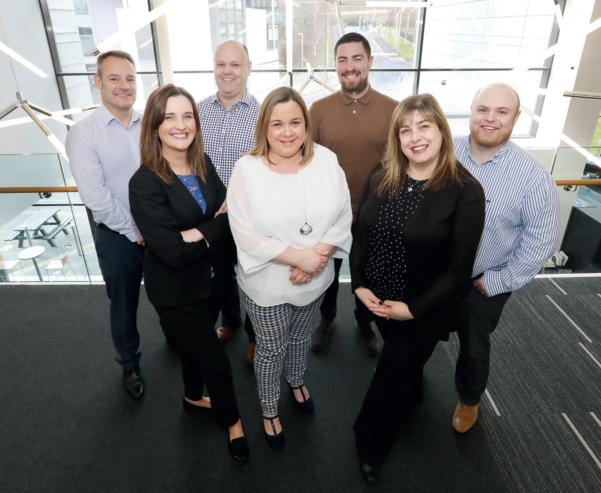AMBITION MAGAZINE OF NORTHERN IRELAND CHAMBER OF COMMERCE AND INDUSTRY
ISSUE 47 £2.95
JULY/AUGUST 2021
CIPR PRIDE AWARDS 2017 - BEST PUBLICATION
JULY/AUGUST 2021
COVER SECTION aw july/aug.indd 1
MAGAZINE OF NORTHERN IRELAND CHAMBER OF COMMERCE AND INDUSTRY
102-106 Main Street Moira BT67 0LH Tel 028 9261 9508 www.beaufortinteriors.co.uk info@beaufortinteriors.co.uk beaufort_interiors
THE NEXT STEPS FOR ECONOMIC RECOVERY Ambition talks to new NI Chamber president Paul Murnaghan and vice-president Gillian McAuley.
06/07/2021 11:52


























